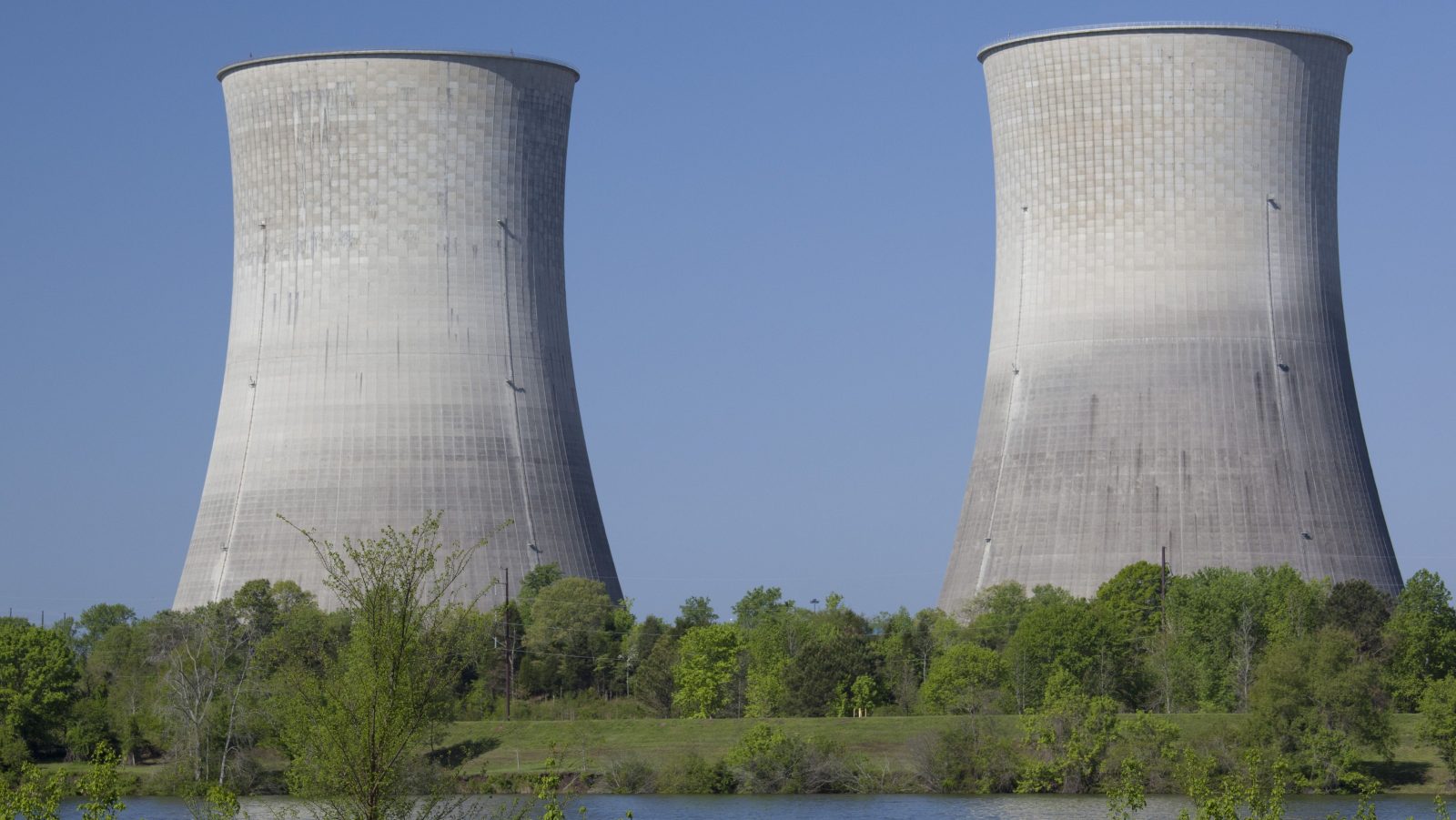Tennessee Senators Urge Overhaul of TVA Amid Nuclear Expansion Efforts

In a powerful op-ed published in Power Magazine this past March, Republican senators Marsha Blackburn and Bill Hagerty of Tennessee called for significant institutional reforms within the Tennessee Valley Authority (TVA), America's largest public utility. Their passionate plea underscores a pivotal moment for the TVA, as it grapples with leadership changes and the ambitious goal of spearheading a nuclear energy revival in the United States.
The backdrop of this call for action was TVA's CEO Jeff Lyash announcing his retirement earlier this year. Following this announcement, the utility's board of directorswhose members are appointed by the sitting presidentselected Don Moul, who had been serving as the executive vice president and chief operating officer since 2021, as Lyash's successor. However, Blackburn and Hagerty expressed deep concerns about the utility's direction, asserting that new leadership was essential to expedite the development of nuclear technology and ensure the TVA plays a leading role in what they term Americas Nuclear Renaissance.
In their op-ed, the senators articulated a vision where the TVA could become a beacon of nuclear energy innovation, stating, With the right courageous leadership, TVA could lead the way in our nations nuclear energy revival, empower us to dominate the 21st centurys global technology competition, and cement President Trumps legacy as Americas Nuclear President. They cautioned, As it stands now, TVA and its leadership cant carry the weight of this moment.
The senators' call to action included not only the replacement of Moul but also a profound restructuring of the TVA board's focus. They urged a stronger emphasis on the development of small modular nuclear reactors (SMRs), which are heralded for their safety, economic efficiency, and ease of construction compared to traditional larger reactors. Despite their potential, it is worth noting that as of now, only China and Russia have successfully built SMRs.
Just a week after the op-ed's publication, President Trump responded by dismissing two members of the TVA board, including its chair, seemingly aligning with the senators' demands. However, this swift action may have unintended consequences. Observers suggest that the changes could hinder progress rather than facilitate it. The TVAs board currently lacks the quorum necessary to make substantial decisions, such as electing a new chair or approving new energy projects, including nuclear plants.
Simon Mahan, the executive director of the Southern Renewable Energy Association, highlighted these concerns, stating, There are some real concerns that TVAs plan is not matching up with their implementation, and it will be even harder for that to be synced up without a fully functioning board.
Delving deeper into the context, it is essential to recognize that Tennessee has a fraught history with nuclear energy. Stephen Smith, director of the Southern Alliance for Clean Energy, which opposes nuclear energy in favor of renewables, pointed out that the TVA had previously embarked on an ambitious nuclear expansion plan in the 1960s, intending to construct 17 reactors. However, only seven were completed, and of those, only three remain operational today. The utility is still burdened with billions of dollars in debt from reactors that were never finished, a situation exacerbated by political shifts and the aftermath of the Three Mile Island incident.
Investment in nuclear plants is notoriously risky and expensive, involving a complex coordination of various stakeholders, including reactor designers, construction firms, utility companies, regulators, and customers. As the nuclear industry advocates for a resurgence, there are growing concerns about whether the current administration grasps the demands and scale of the state-led initiative necessary for a nuclear revival. Beyond personnel changes at the TVA, the Department of Energys Loan Programs Office has also seen significant staffing cuts, which could impede financing for new nuclear projects.
Despite bipartisan political support for nuclear energy, the reality is stark: only two new nuclear plants have been constructed in the United States over the past thirty years. The completion of two Westinghouse AP1000 reactors at Plant Vogtle in Georgia last year, fraught with delays and exorbitant costs, serves as a testament to the challenges facing nuclear expansion. A separate project in South Carolina to build similar reactors was ultimately abandoned, with executives convicted of fraud.
With the Vogtle project now complete, some stakeholders in the nuclear industry are optimistic that the knowledge gained and workforce trained during this project could invigorate future nuclear endeavors across the country. However, the fundamental issue of high costs remains. MIT economist John Parsons remarked, I see a lot of people who want to somehow find a way to get around the cost problem, suggesting that relying on individual states to bear the financial burden of new reactors overlooks the need for coordinated, state-driven funding.
Amidst these challenges, TVA spokesperson Scott Brooks reassured that plans for a new small modular reactor are progressing, with the utility intending to seek additional funding from the Department of Energy as well as private sources. Nonetheless, the staffing cuts at the Loan Programs Office, which previously facilitated billions in loan guarantees for nuclear projects, raise concerns about the future viability of nuclear investment. Economic uncertainties stemming from President Trumps tariffs also threaten to escalate costs for materials vital to nuclear construction, potentially dissuading private investment.
As discussions about the future of nuclear energy in Tennessee continue, State Representative Aftyn Behn highlighted the bipartisan interest in advancing nuclear energy. However, she expressed worries over the lack of an honest energy debate, accusing the Republican supermajority of attempting to hand over the TVA to larger utilities and fossil fuel interests, which could lock the state into costly and inflexible energy systems devoid of public oversight.




























